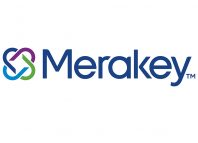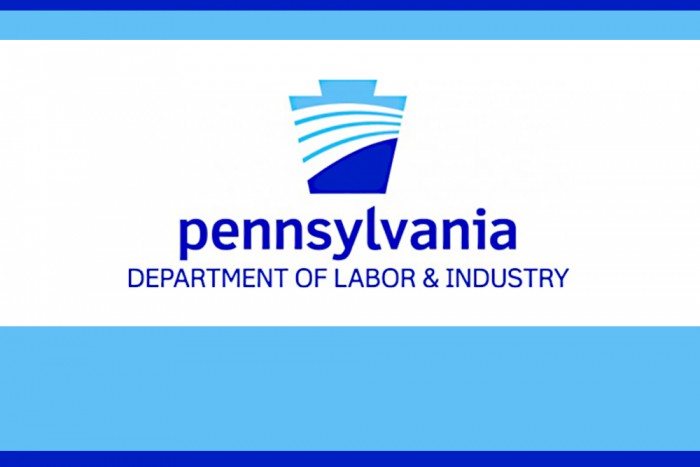On Wednesday, October 5, 2022, the Office of Mental Health & Substance Abuse Services announced that Deputy Secretary Kristen Houser is resigning. Her resignation takes effect Wednesday, October 19, 2022.
RCPA would like to thank Deputy Secretary Houser for her collaboration and partnership during a critical time in the Commonwealth, including her support in the development of the telehealth bulletin, the Alternative Pay Arrangements between the BH-MCOs and providers, and the funding through the American Rescue Plan Funds for operations and workforce sustainability during COVID-19.
RCPA President and CEO Richard Edley notes, “We greatly enjoyed our time working with Deputy Secretary Houser and appreciate all the energy she brought to OMHSAS. This was particularly notable, as her tenure spanned an especially difficult time through the pandemic. This could only be accomplished with sound leadership. We also look back fondly on her time with RCPA and valued her contribution to the association. We wish Deputy Secretary Houser all the best as she embarks on the next part of her career.”
Read the message from Deputy Secretary Kristen Houser below:
I am writing to share that I have given Acting Secretary Snead my resignation from my position with OMHSAS and have accepted the position of Executive Director of the Free Clinic Association of Pennsylvania. My last day in the office will be Wednesday, October 19.
It has truly been an honor to serve as the Deputy Secretary for the past two and a half years, and I have learned so much from so many of you. The work you do here is incredibly important, and you have done it through some truly unbelievable times. Many of you have stepped up and stepped in to answer my many questions, provide history and context, share knowledge, teach processes, make introductions, etc., so that I could learn our systems, know our stakeholders, understand our funding and data, and most of all, remember who we serve. Thank you for your support, your dedication, and your work.
I do not know who will step in to the Deputy Secretary position, but Acting Secretary Snead and Executive Deputy Secretary Barnes will share information as soon as they are able.
Warm regards,
Kristen
















